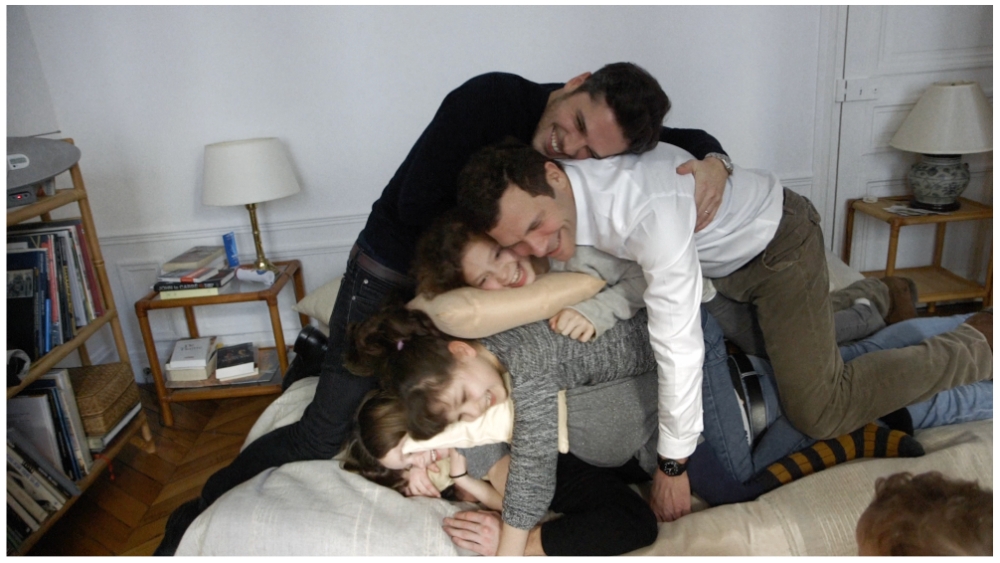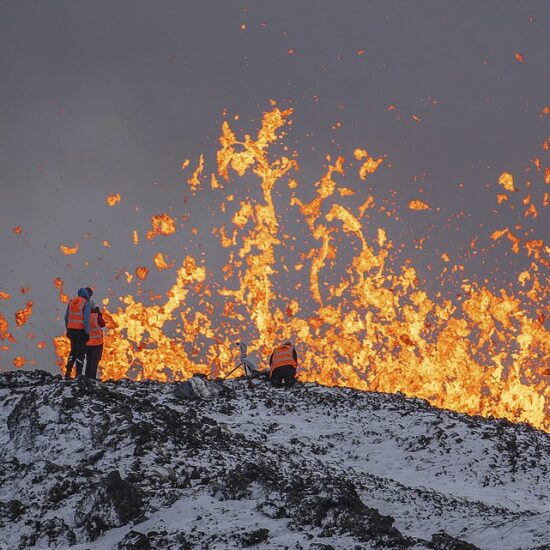
In Ralph Arlyck’s “I Like It Here” – his first film in 18 years – the U.S. documentary filmmaker reflects on his life while spending time with neighbors, friends, colleagues, children and grandchildren, and at the same time making peace with the physical and emotional obstacles of growing old, and pondering on the serenity and fulfilment that come with entering one’s final years. The film plays in the International Competition at the Thessaloniki Intl. Documentary Festival on March 10.
At first, Arlyck thought he would make a film about his neighbor Ernie, a Hungarian hermit who lived north of his farm, but “it quickly became clear that he wasn’t going to go for that,” he tells Variety. “At that point, I realized that it really wasn’t Ernie that was gnawing at me. It was what we all confront: aging and these questions that become very prominent in front of your face. You’re getting older and you can’t do what you used to do. You’re gonna die… All these questions. I really realized that’s what I wanted to make a film about.”
He adds: “It comes as a shock. You sort of realize one day that you are, in fact, in this category of people who are near the end. As I say at some point in the film: How did this happen? You just bumble along in your daily life and, all of a sudden, you realize: Yes, I’m in this category.”
But Arlyck doesn’t have any bucket list or regrets, “As the title suggests, I like it here, which suggests je suis bien. Why spend your time wondering of other lives that you could have lived? I don’t find it very useful. No, I would say no regrets.”
As you’ve probably figured, the “here” in the film’s title carries a double meaning: here on Earth and here on his farm. “In terms of the second meaning, I was always a bit self-conscious about that because it’s a physical place of privilege. I’m very fortunate to be able to live in those surroundings. And so, in thinking and shaping the film, it’s been a concern that my life is so special and privileged and fortunate. But finally, that’s the reality. I have to acknowledge that.”
Arlyck deems being called a “figurehead of American independent documentary film,” an “exaggeration.” “When I started making films, there were a bunch of us who really wanted to do basically what we wanted to do. We didn’t want to get input from a lot of other people, from a lot of the executives, from producers, television directors.” He recalls that in the late 1980s, under the Carter administration, they lobbied in Congress for more federal funds for public television, which resulted in the passing of the Public Television Bill. “We got something. We got some legislation that designated more money for independents. That was a really interesting experience, where you actually can have access to your Congress people, and you can talk to them,” he says.
Now, however, he argues, “you still run into the same problems because the streamers are purchasing very little independent material. They’re generally commissioning their own work. But there’s still a whole raft of production out there of people who want to initiate projects by themselves, who don’t want to be commissioned. And that’s still difficult. And so, in some ways, the streaming platforms have replaced the television networks.”
Arlyck, who produced the film himself through his production company Timed Exposures, adds: “I started out thinking this would be my swan song,” but he intends to be making more films, and more specifically in Africa. “I was in Africa in the Peace Corps for two years. I might like to do that.”












